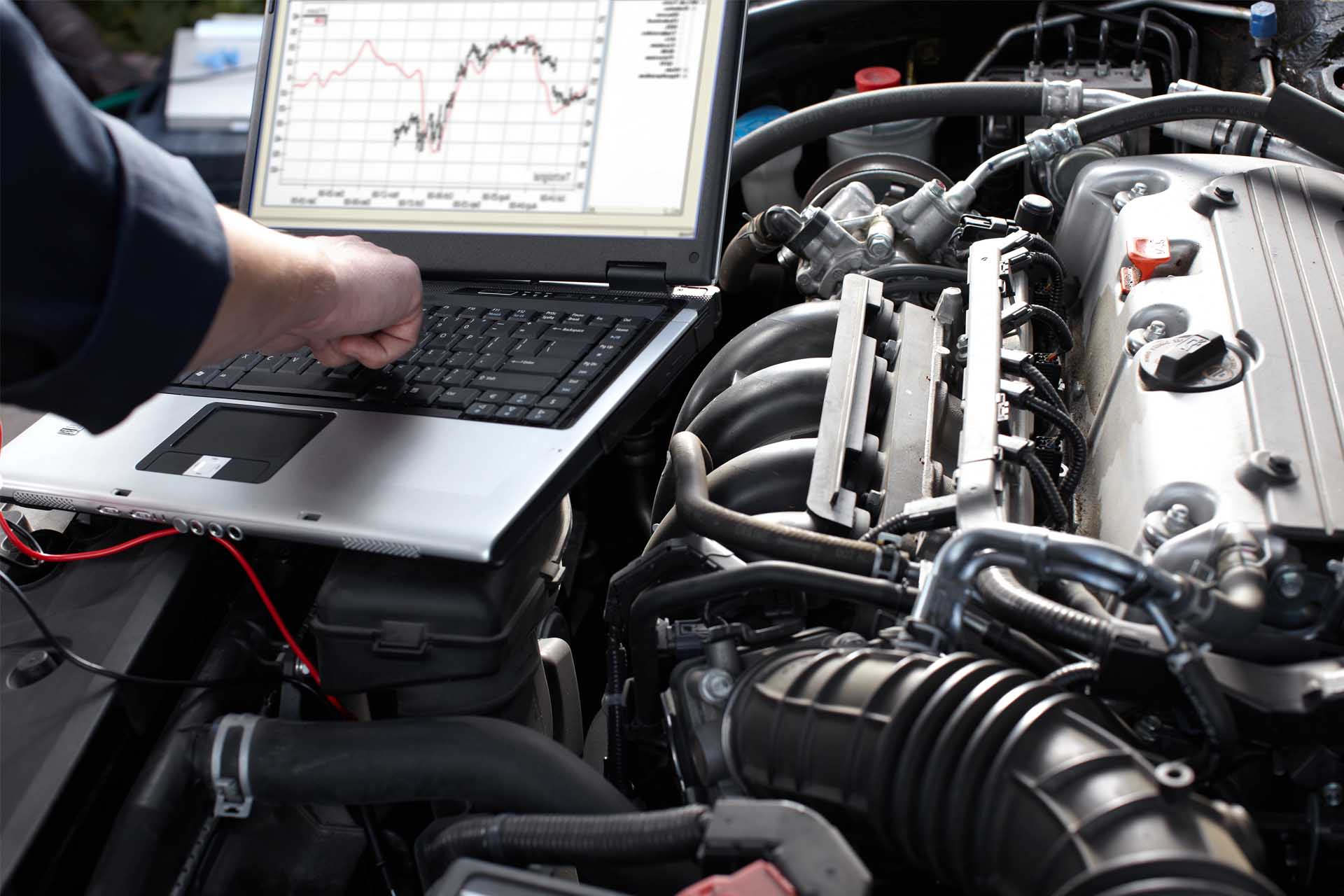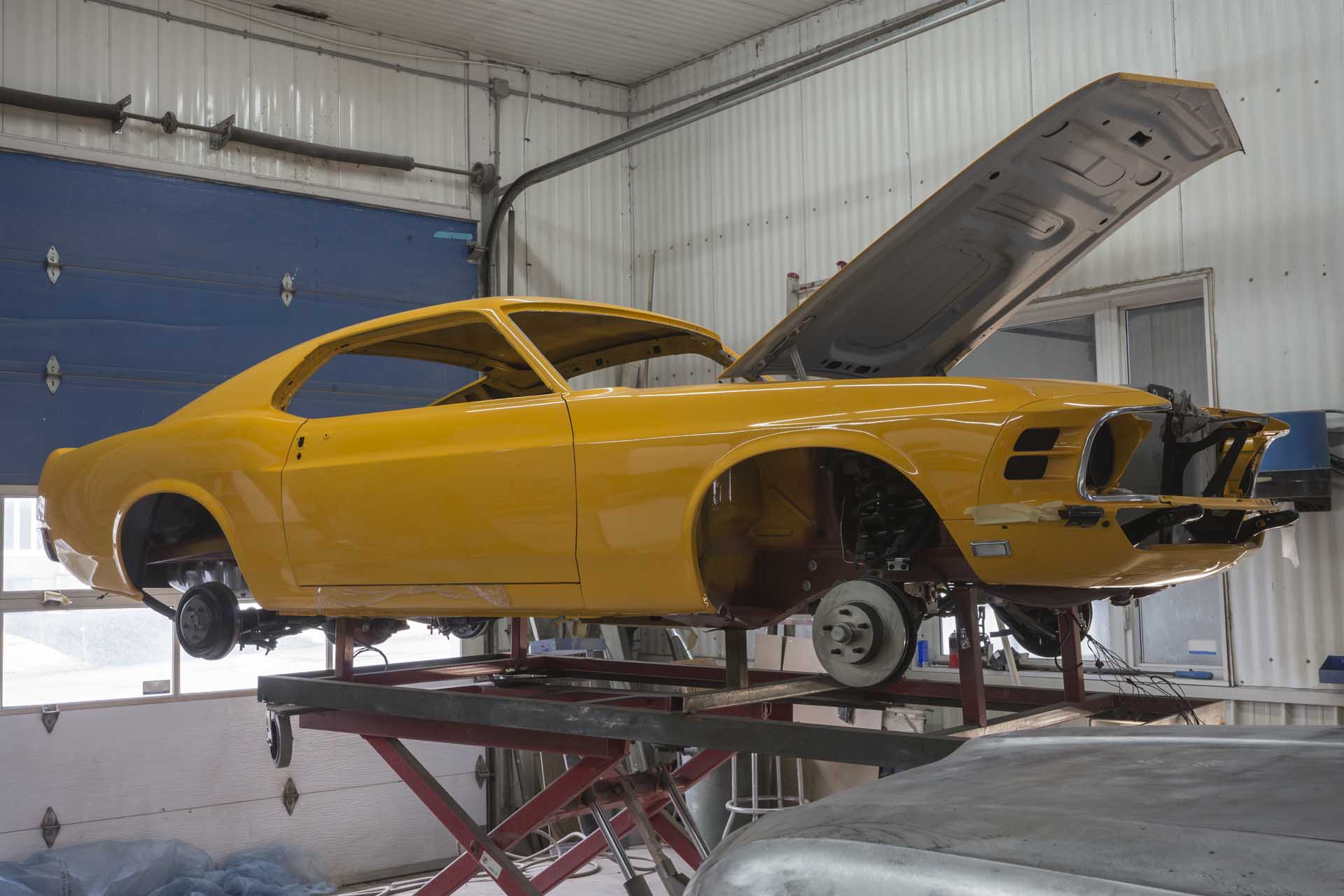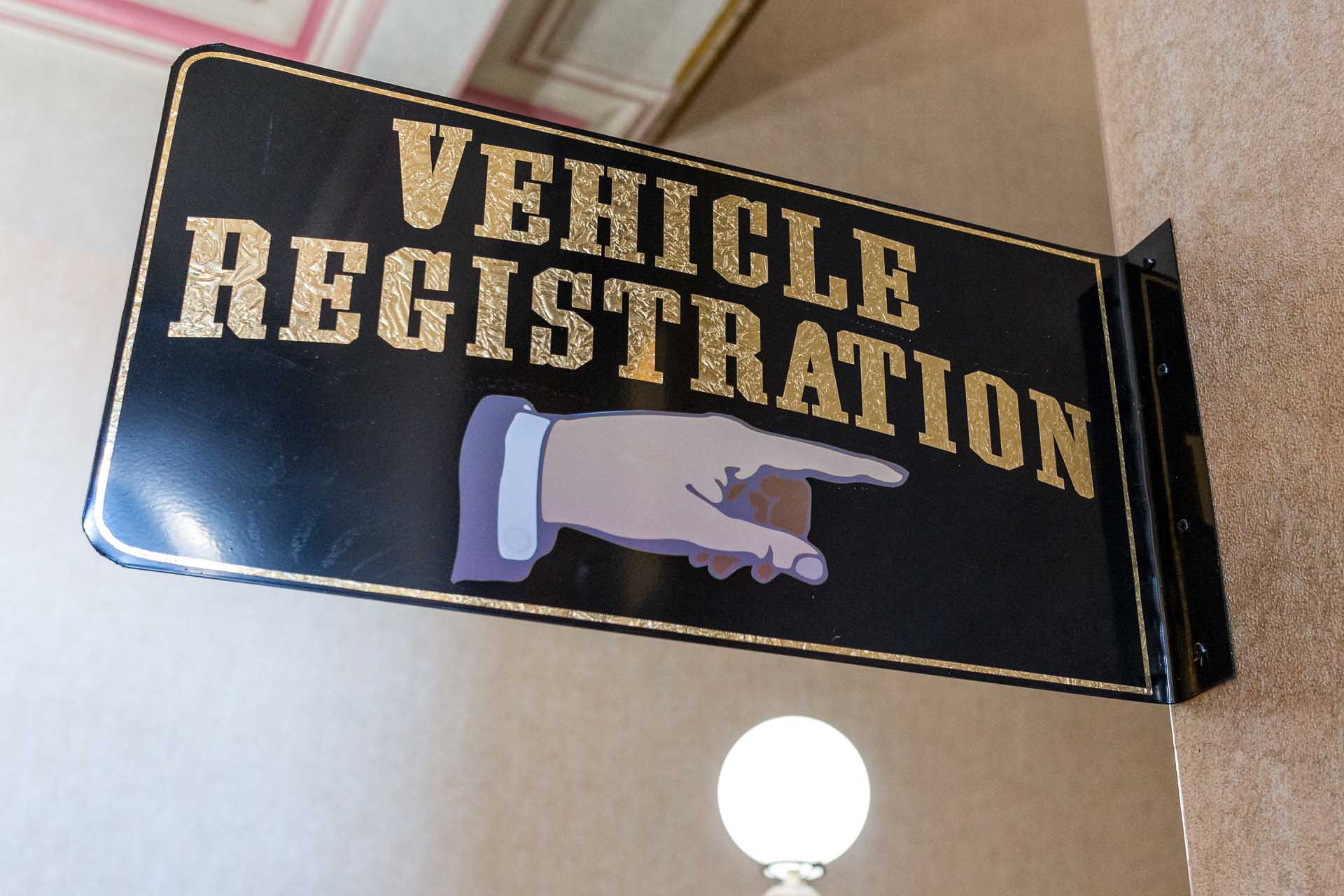Welcome To Certificate of Destruction
Certificate of Destruction: When the car is fixed can I drive it again? We might have a solution!
Certificate of Destruction – Title Service
Dealers and in some cases individuals that own a vehicle with a certificate of destruction (or Scrap, Junk Certificate, Non-Repairable title, or even Bill of Sale) may find utility to instead hold a salvage or rebuilt branded title. The title can never be a “clear title again” and disclosures need to be made to all future owners of the vehicle’s history.
Several states permit licensed re-builders to process a certificate of destruction back into a salvage title and then into a rebuilt title which will again allow the owner of the vehicle to register the vehicle making it street legal.
A vehicle issued a certificate of destruction (or similar junk title) in a state will never being able to be retitled in the state that originally issued the irreparable title.
The Process Time
4 - 6 weeks.
Required Documents
1. Pictures of the vehicles before any repairs are/were preformed;
2. A duplicate of the bill of sale from where the vehicle was purchased;
3. A copy of the original auction receipt that captures the essence of the damage type (flood, collision, etc.).
Certificate of Destruction - Title Service
Generally a consultation is required before transferring the title to a salvage title (title assignment documents). In a few minutes we can best determine which option is best for your circumstance, as well as determining if a new title is possible.
Fee: $800










